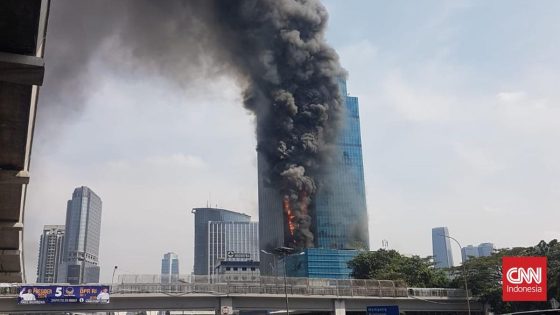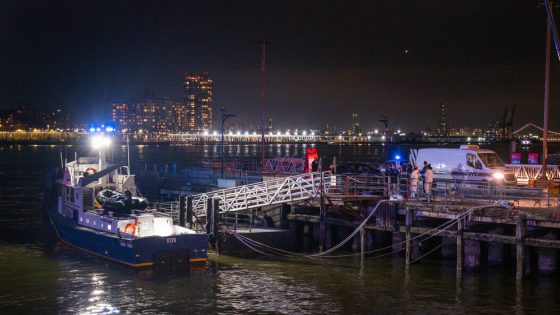Jakarta’s fire safety regulations are crucial for ensuring the safety of high-rise buildings. On January 23, 2025, officials outlined four key requirements that buildings must meet to comply with fire safety standards. Are your buildings prepared to handle emergencies effectively?
- Four fire safety requirements for buildings
- Active and passive fire protection systems
- Importance of emergency exit accessibility
- Fire safety management training for occupants
- Access for firefighters during emergencies
- 361 high-rise buildings lack fire safety compliance
Understanding Fire Safety Standards for Buildings in Jakarta
What does it take for a building to be deemed safe from fire hazards? Jakarta’s fire safety regulations specify that compliance is not just about having fire extinguishers. It encompasses a comprehensive approach to safety, ensuring that every building is equipped to handle emergencies.
Key Requirements for Fire Safety Compliance in Jakarta
To ensure the safety of occupants, buildings must adhere to specific fire safety standards. Here are the four critical requirements:
1. Active and Passive Fire Protection Systems
Buildings must be equipped with both active and passive fire protection systems. Active systems include sprinklers and fire extinguishers, while passive systems involve fire-resistant materials and design features.
- Sprinklers must be installed throughout the building.
- Fire extinguishers should be easily accessible in all areas.
- Regular maintenance of these systems is crucial.
- Building layouts should facilitate easy access to these systems.
2. Emergency Exits and Evacuation Plans
Two clear and unobstructed emergency exits are mandatory. These exits must be free from any obstacles that could hinder evacuation during a fire.
3. Fire Safety Management Plan
A well-defined fire safety management plan is essential. This plan should outline roles and responsibilities during a fire emergency, ensuring that everyone knows what to do.
In conclusion, ensuring fire safety compliance is not just a legal requirement; it’s a moral obligation to protect lives. Jakarta’s regulations provide a framework that, if followed, can significantly reduce fire risks in high-rise buildings.
































